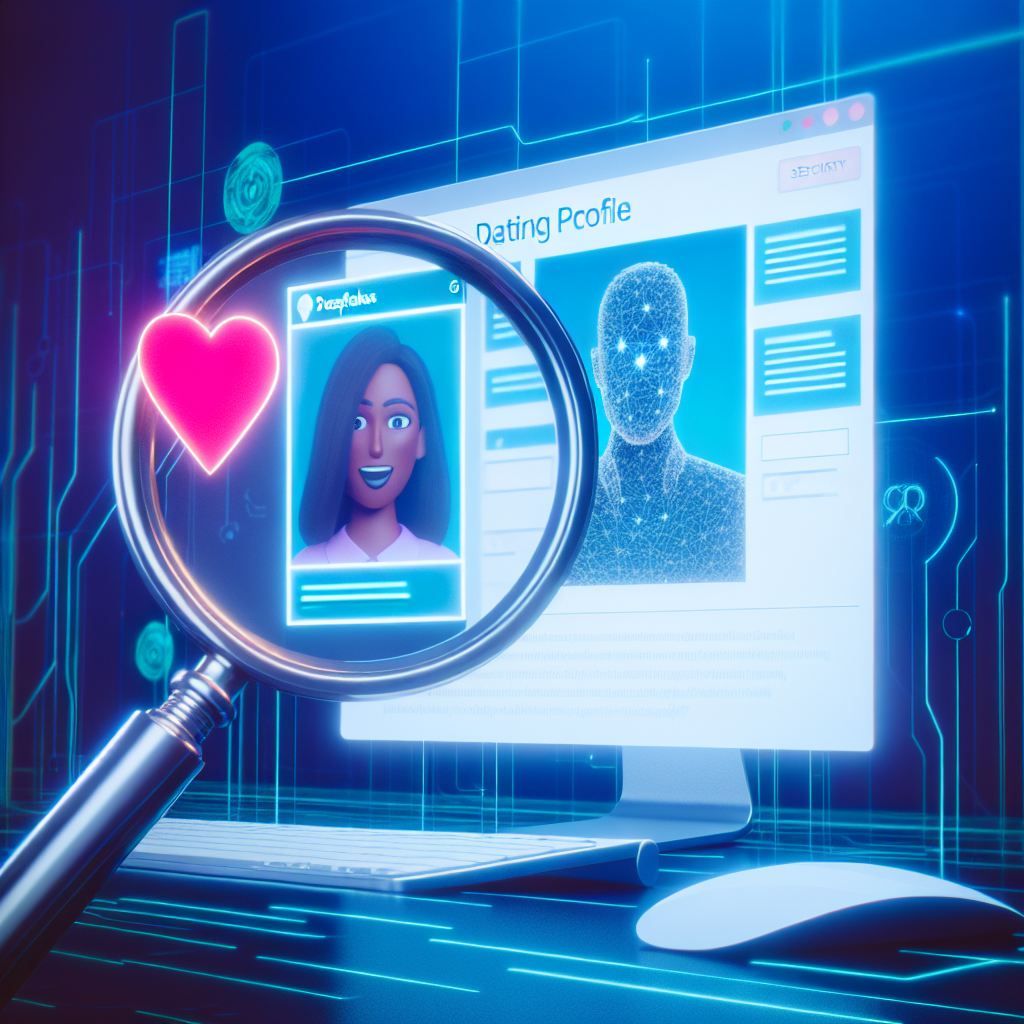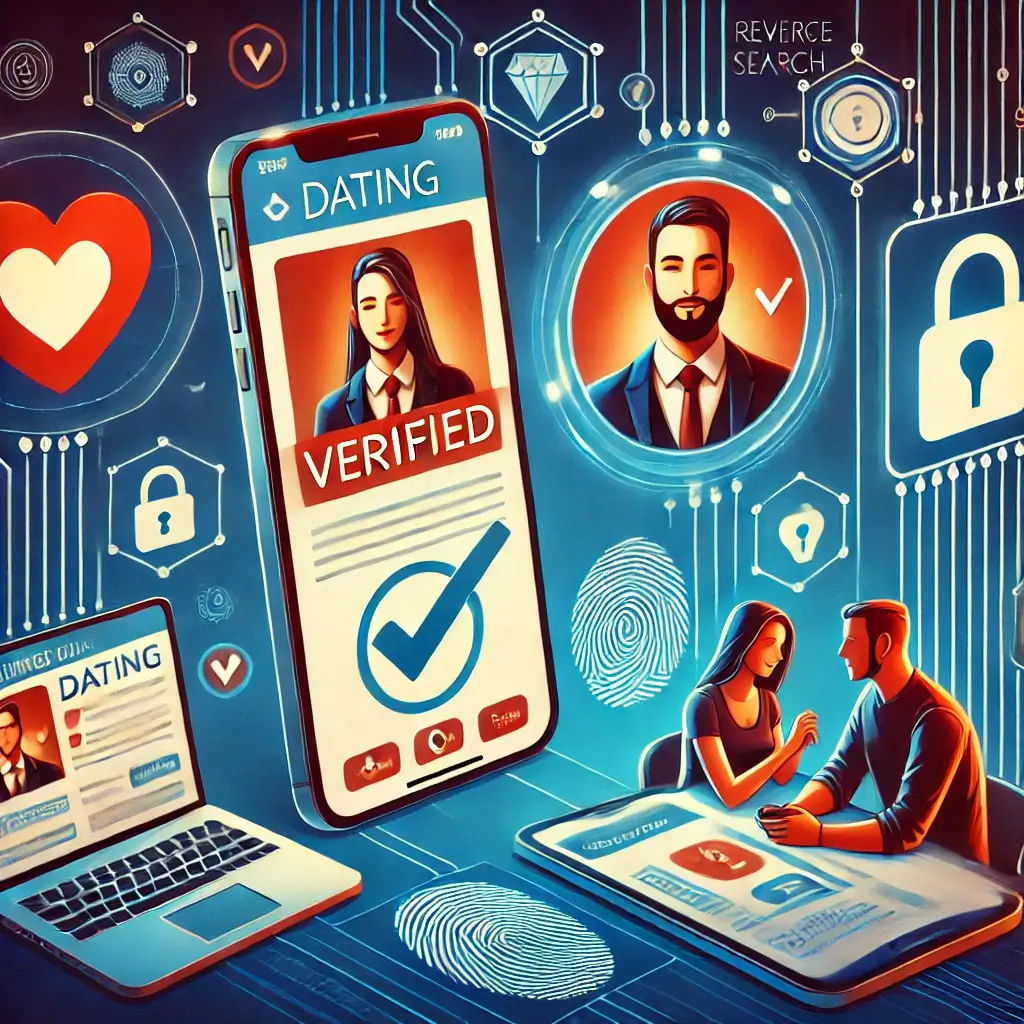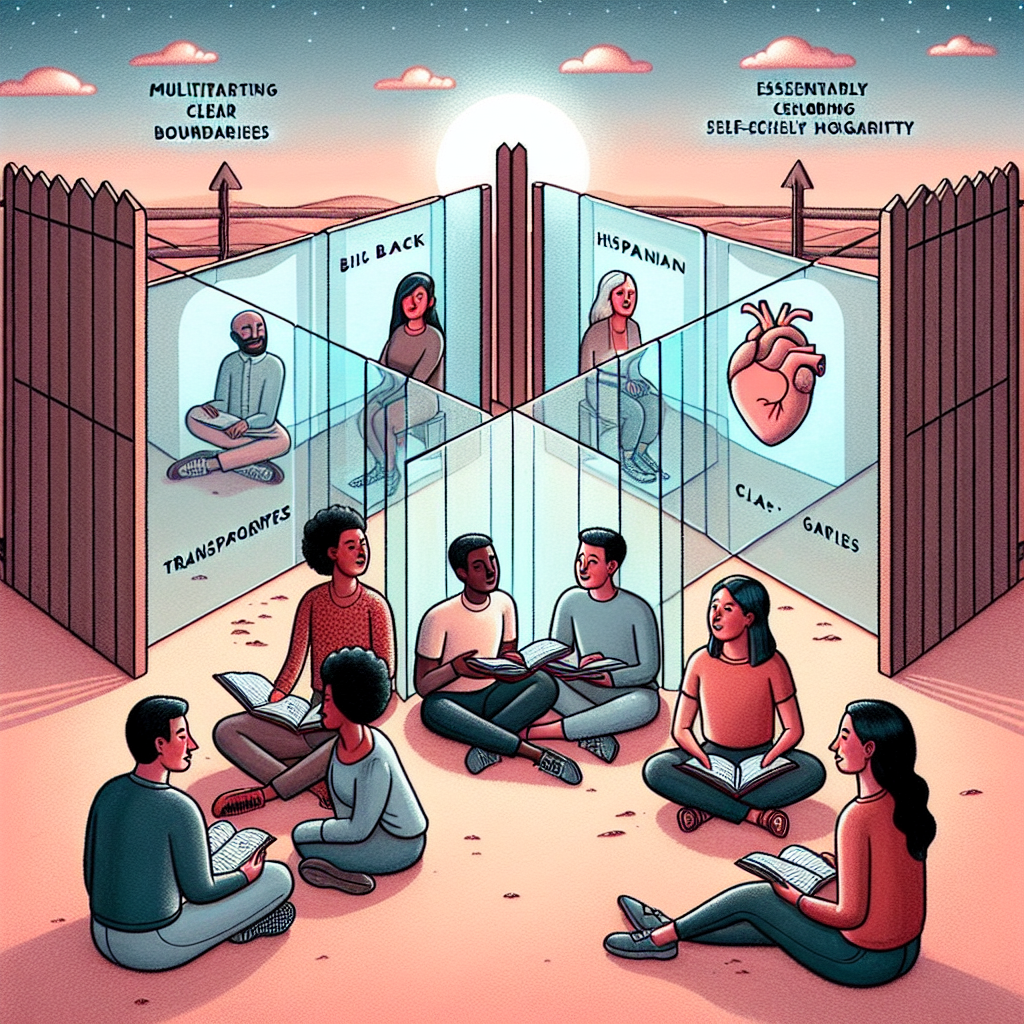Dating Scams and Deepfakes: Spotting AI-Generated Profiles
A New Age of Romance—And A New Breed of Scams
The digital age has dramatically transformed the landscape of romance. With the rise of online dating platforms, apps, and social media, people of all ages—from 18 to their 80s—now have access to a global pool of potential partners at their fingertips. But with greater connectivity comes greater risk. One of the most pressing and insidious threats facing dating singles today is the infiltration of dating scams powered by artificial intelligence, particularly AI-generated images and deepfake technology.
Deepfakes—AI-manipulated images, audio, or video—have evolved beyond viral internet pranks and into the realm of emotional deception. Combined with fraudulent dating profiles, these digital forgeries are being increasingly weaponized by scammers to build trust and emotionally manipulate targets. As AI continues to advance, fake profiles are becoming alarmingly realistic and deeply convincing, making the job of identifying a scammer difficult, even for the savviest digital dater.
In earlier years, scams relied heavily on broken grammar, generic profile descriptions, and reused photos. Today, dedicated fraudsters are using sophisticated AI tools like facial generation software (e.g., GANs—Generative Adversarial Networks) to build entirely fictitious people who seem authentic. These tools can create photographs of people who don’t exist, mimicking the lighting, expressions, and clarity of genuine user-uploaded images.
Scammers don’t just stop at visuals. Armed with large language models (LLMs), like ChatGPT or Google’s Gemini, fraudsters can carry on intelligent, charming, and seemingly thoughtful conversations. These fake personas can mirror your interests, crack jokes, and even remember past details, deepening the illusion of a real connection.
More alarmingly, the demographic most susceptible to these ploys isn’t limited by age. While older adults may lack the digital literacy to spot red flags, younger adults often overestimate their ability to identify deceit, falling victim to psychological manipulation instead. According to the Federal Trade Commission, romance scams were responsible for more than $1.3 billion in personal losses in 2022 in the United States alone—a number expected to rise with the proliferation of AI.
Whether you’re swiping through Tinder in your 20s, navigating Match.com or eHarmony in your 40s, or looking for companionship later in life through SilverSingles or OurTime, the risks are real across all platforms and age groups.
Understanding how to spot AI-generated profiles and romance scammers is now essential digital literacy.
The Science Behind the Scam: What Research Reveals
Several professional and academic studies have shed light on the rise and psychological impact of AI-driven dating scams. This isn’t just a tech issue—it’s also a serious mental health and public safety concern. Understanding the science behind these frauds can help online daters protect themselves.
A 2023 study by the Massachusetts Institute of Technology (MIT) explored the use of GANs in creating fake profile images and found that people were only able to detect synthetic human faces with 48 percent accuracy—worse than a random guess. Even more troubling: participants rated AI-generated faces as more trustworthy than real ones. This demonstrates how convincing today’s deepfake images have become and explains why so many fall victim to fraud.
In the same vein, a report by the University of California, Berkeley, focusing on “emotional engineering” in online frauds, emphasized the role of AI in mirroring human emotions. They found that AI-powered bots can be programmed to adapt their tone, conversation style, and even pace, depending on a target’s emotional state. This intentional manipulation of affective communication makes users more susceptible to trusting the scammer, even in the absence of physical or video meetings.
From a psychological perspective, the American Psychological Association has reported that victims of romance scams often experience intense emotional trauma, including depression, anxiety, and post-traumatic stress. As explained in a 2021 study published in the Journal of Cyberpsychology, victims often feel embarrassment or loneliness, leading to underreporting, which ultimately perpetuates the cycle of digital romance crime.
AI apps like Replika and ChatGPT have shown how easily humans can emotionally bond with AI “people,” despite knowing they’re bots. Now imagine users unaware they’re speaking to an AI; the resulting emotional manipulation is not only easier but also devastatingly effective. The human brain is hardwired for connection, and scammers are now tapping into this biological vulnerability using AI tools designed to simulate human affection.
Furthermore, cybersecurity firm Norton’s 2022 “Cyber Safety Insights Report” found that nearly 1 in 4 adults who engage with online dating platforms have encountered suspicious behavior linked to scams and AI-generated profiles. Of those, about 15% admitted to sharing personal or financial information. The report emphasized the need for enhanced user education and platform accountability.
Recognizing the signs is now a matter of digital survival and emotional self-defense.
How to Spot AI-Generated Dating Profiles
Knowledge is your strongest defense in the modern dating world. Here are some practical signs to watch out for:
– Too Perfect Photos: AI-generated faces often look “too real” — perfect symmetry, no blemishes, and ideal lighting. Use reverse image search tools to check if the photo appears elsewhere.
– Speedy Attachment: Scammers often try to build emotional intimacy fast. Beware of overly affectionate messages within days of matching.
– Inconsistent Stories: Listen for conflicting details in their backstory. AI chatbots may forget or mix things up.
– Avoiding Video Chats: If they always find excuses not to video call, it could be because the persona is fake.
– Requests for Money or Gifts: The biggest red flag. No legitimate partner should ever ask for financial help early on—or ever.
Stay skeptical. Trust your instincts. And if something seems too good to be true, it probably is.
Real Love, Real Caution: Protecting Yourself Across All Ages
Whether you’re 25 or 75, these tips can help safeguard your digital dating journey:
– Set strong privacy settings and never share personal or financial details.
– Stick to verified and reputable dating platforms with fraud protection.
– Enable two-factor authentication and use strong passwords.
– Don’t let flattery cloud your judgment—verify before you trust.
– Talk to friends or family about anyone you’re talking to online.
The AI-led scammer isn’t just a “catfish” anymore—they’re a full-blown emotional engineer. Stay updated, stay smart.
Conclusion: Love Shouldn’t Be a Trap
The intersection of AI technology and online romance introduces new and evolving threats that daters can no longer afford to ignore. Romance scams, once easier to detect, are now cloaked in advanced deepfake images and conversations crafted by artificial intelligence. But with awareness, vigilance, and a few smart strategies, singles from all generations can still enjoy the benefits of digital dating—while protecting their hearts and identities.
Don’t be afraid to pursue love online—but be equipped to protect yourself in the process. Awareness is your best armor.
References
– MIT News: Deepfake AI-Generated Faces Rated as More Trustworthy
– Journal of Cyberpsychology: Emotional Aftermath of Romance Scams (2021)
– Norton Cyber Safety Insights Report 2022
– FTC Romance Scam Statistics
– UC Berkeley Study on Emotional Engineering
Summary:
The rise of AI-generated dating profiles and deepfake technology has created new and sophisticated dating scams that are difficult to detect, even for the savviest online daters. Understanding the science behind these scams, including the psychological manipulation tactics used by fraudsters, is crucial for protecting oneself. By recognizing the red flags of AI-generated profiles, such as too-perfect photos, inconsistent stories, and requests for money, daters of all ages can navigate the modern dating landscape with caution and awareness.

Dominic E. is a passionate filmmaker navigating the exciting intersection of art and science. By day, he delves into the complexities of the human body as a full-time medical writer, meticulously translating intricate medical concepts into accessible and engaging narratives. By night, he explores the boundless realm of cinematic storytelling, crafting narratives that evoke emotion and challenge perspectives. Film Student and Full-time Medical Writer for ContentVendor.com




